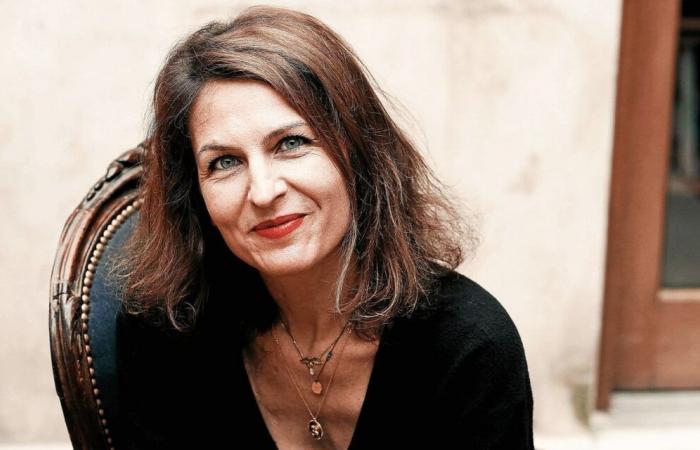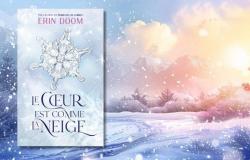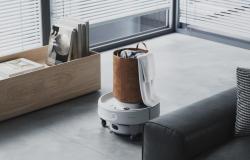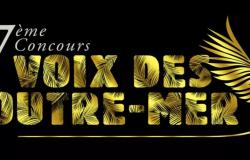Does opening your recital with Tchaikovsky’s twelve “seasons”, which describe the twelve months of the year, project us musically into this new year?
We can say this because they talk about the passing of time, nostalgia and what the environment and our emotions can bring in terms of changing sensations and moods.
What do the three composers in this program (Tchaikovsky, Sibelius and Grieg) have in common?
Besides being contemporary, there is a nostalgia and veiled melancholy even in the cheerful pieces. There is a unity at the edge of romanticism and post-romanticism.
What are your criteria for developing a program that is both coherent and stimulating?
I had spent a lot of time playing Grieg and was looking to pair him up. When I heard Tchaikovsky’s barcarolle (season no. 6) in the film “Mal de Pierre”, it was obvious. I told myself a story in which we can project ourselves, like a confidence, with the literary side of a private diary.
The day after your concert in Morlaix, you will offer a very different program with pieces by Bach (1685) and Philip Glass (1937). What bridge exists between these two composers?
There is a magical connection that takes place between these two composers separated in time. It resonates incredibly. Finally, Bach also had minimal writing with a repetitive structure and, like Bach, Glass uses plenty of harmonic variations. They are complementary… And above all, I love taking big leaps in my career!
Practical
At the Morlaix theater, Thursday January 9, at 8 p.m., Tchaikovsky, Grieg, Sibelius. Prices: from €12 to €31. At the Magic Square of Lannion, Friday January 10, at 8 p.m., Jean-Sébastien Bach, Philip Glass. Prices: from 10 to 24 €. There is a combined ticket for both concerts, priced at €31.






